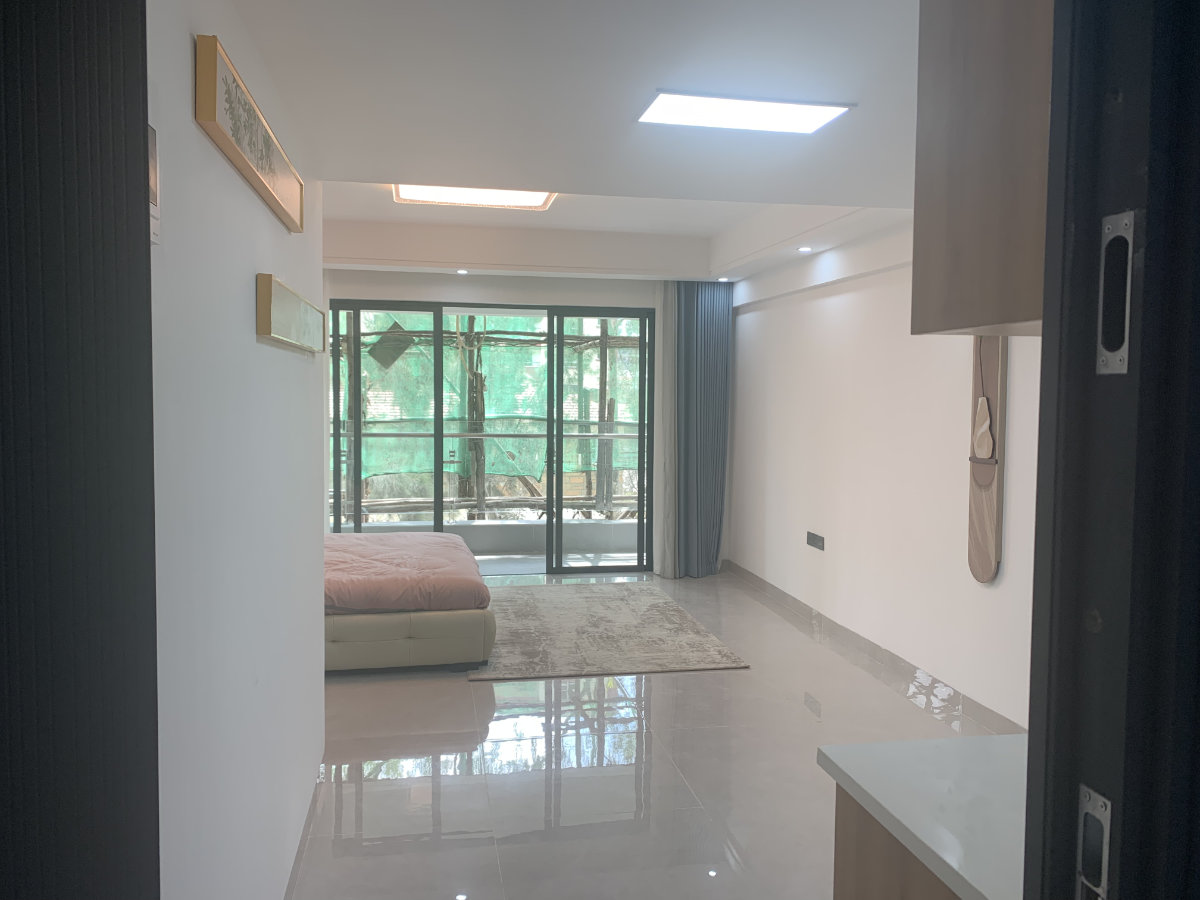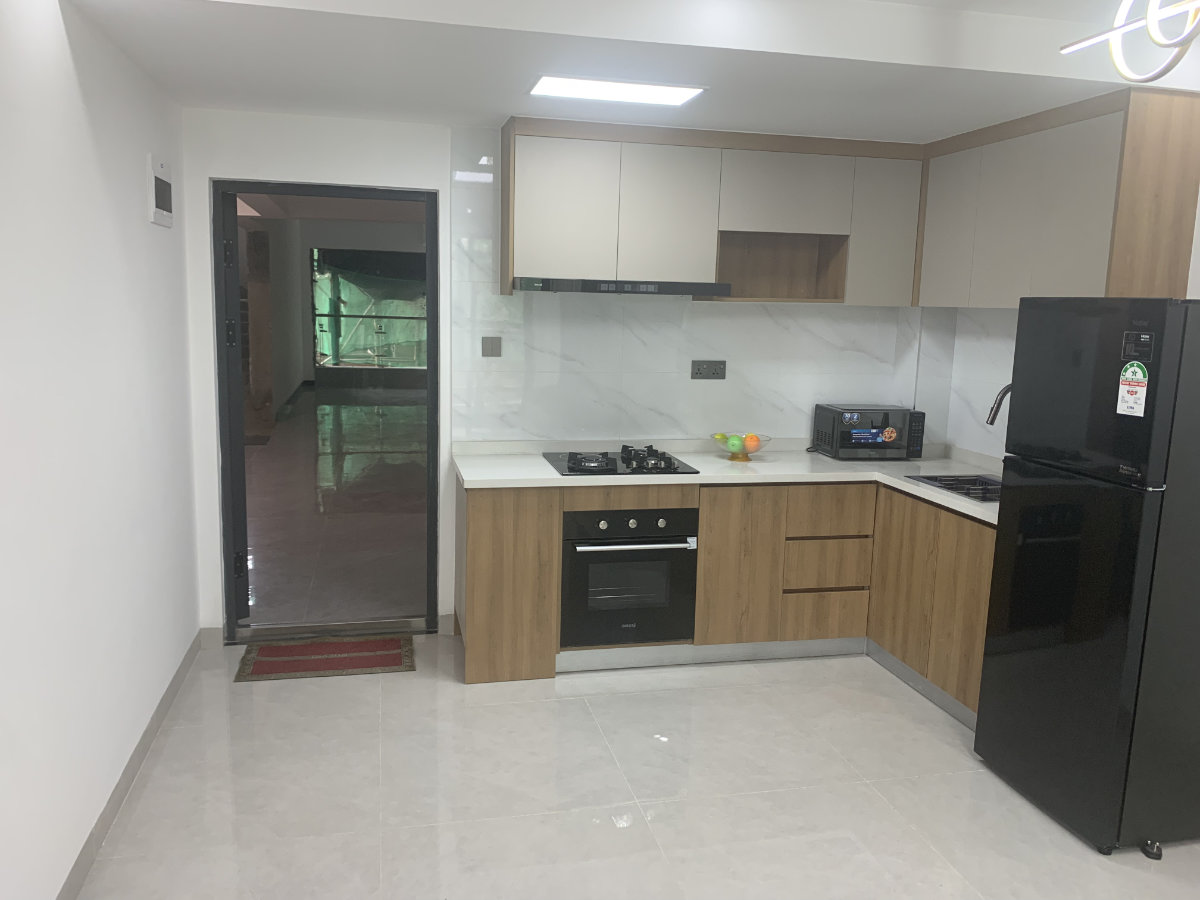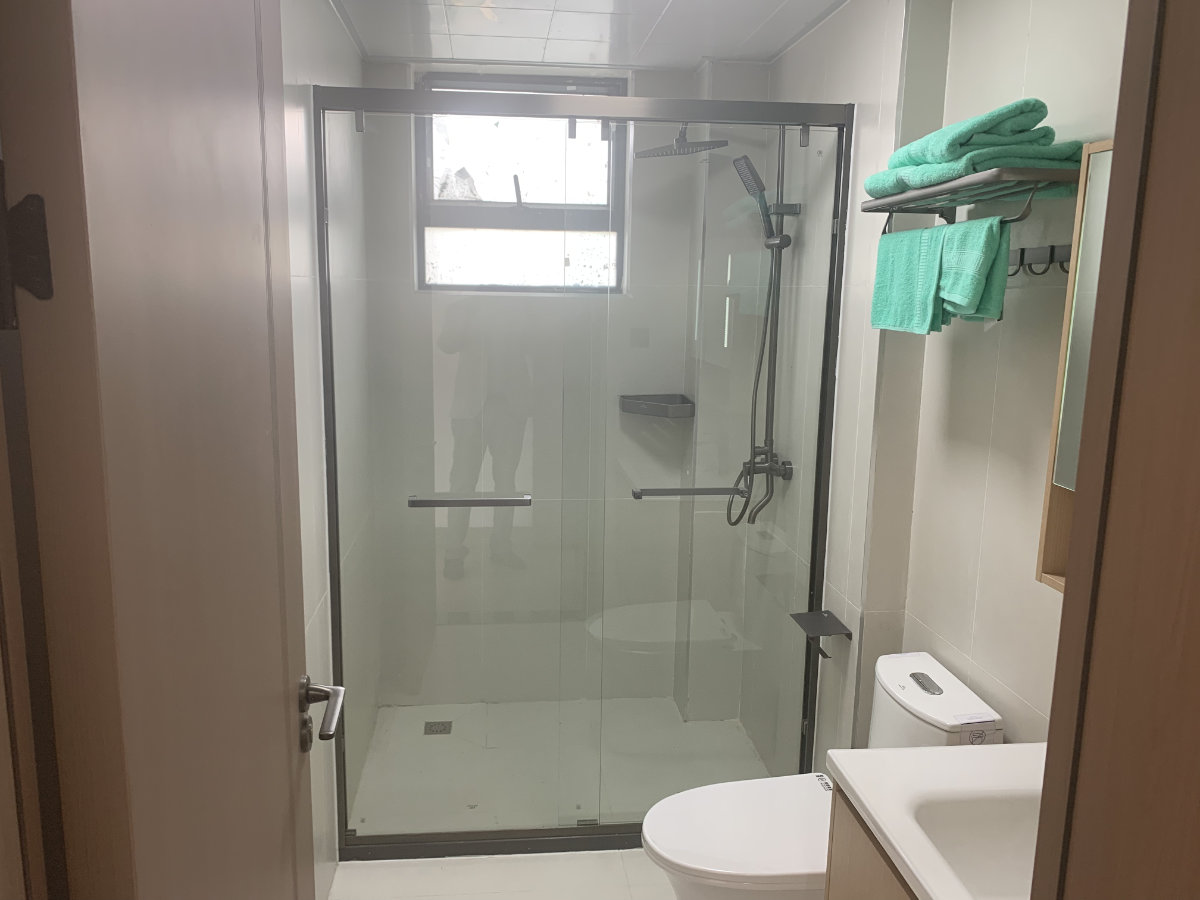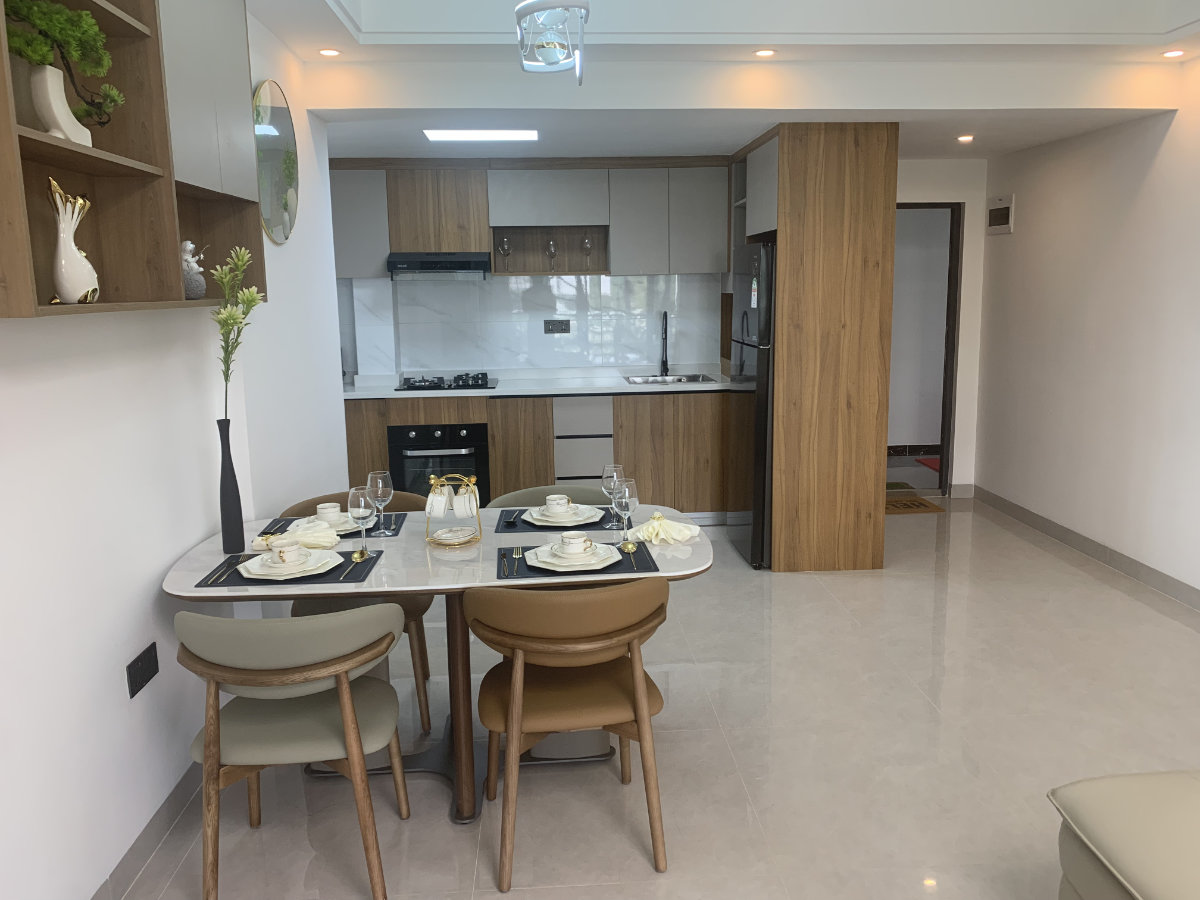The Ultimate Guide to Renting Property in Kenya
Around 80% of people in Nairobi and nearby towns rent their homes. But that doesn’t mean the process works well. If you’re renting, you might struggle to reach your landlord or get hit with a sudden rent increase. If you’re the one renting out a property, you may need to chase unpaid rent or deal with property damage. In many cases, both sides feel stuck, like no one’s really listening.
This guide aims to change that. If you’re looking for a place to live, we’ll guide you through the search, the paperwork, and how to maintain fairness once you move in. If you’re letting out your home, you’ll see what matters most and how to make it ready and find someone reliable, all while staying on the right side of the law.
The goal is to help you rent with less stress and more confidence.
Renting Property in Kenya as a Tenant
This section breaks it all down. We will go through the key steps. Where to search, what to watch out for, how to read a lease, and what your rights are once you move in. We’ll also cover the deposit process, how to handle inspections, and what to do when it’s time to leave.
How to Find the Right Rental Property
If you are after an apartment for rent in Nairobi, it’s common to spend about 40% of your income on rent. But what that gets you depends heavily on location. Rent prices vary wildly depending on where you’re looking. In Westlands or Kilimani, a one-bedroom apartment might go for KSh 60,000. If you head out to Syokimau or Ruiru, you could find similar space for under half that.
If you’re looking for a house for rent in Nairobi, be ready to pay a deposit upfront and show that you can manage the monthly rent.
Finding a Place
- Use a trusted agent. We assist tenants in finding safe and affordable rentals.
- Check listings online, but be careful of anything that looks too good to be true.
- You can also find rentals by driving around, though this can be time-consuming.
Before You Move In
- Take some time to walk around the property and check that everything works.
- If you do see any problems, make a note of them and take photos to avoid problems later.
- If the landlord is free, then see if you can both walk through the property together so you can raise any issues straight away.
We also recommend exploring our article on off-plan property buying in Kenya, especially if you’re renting now but planning to buy in the near future.
Understanding the Lease Agreement
A lease helps protect you and helps avoid misunderstandings in the future. The lease should clearly state your rent, payment schedule (like paying by M-Pesa or bank), deposit terms, and how much notice you’ll need to give before moving out.
Watch for clauses regarding utilities as well. Some Nairobi rentals include water and security in the rent, others don’t. Apartments might also have a separate service charge. And make sure it’s clear who is responsible for repairs. Most landlords deal with major issues, while tenants cover small fixes.
If you think something doesn’t look right on the lease, we can help you review it before signing. We explain the fine print and raise any red flags so you can avoid surprises later. You’re putting your trust in someone else’s property, so we will make sure it’s a fair deal.
Rights and Obligations as a Tenant
Knowing your rights gives you something to fall back on if things go wrong and can stop people from taking advantage of you.
- A safe home – Your landlord must keep the place habitable (no major leaks, working sanitation)
- Privacy – They can’t just walk in unless it’s for emergencies, and landlords must give 24 hours’ notice.
- Rent receipts – Always ask for a receipt or use M-Pesa/bank transfers for proof.
- Fair rent increases – They can’t raise rent mid-lease without notice.
- Lawmakers have proposed a 90-day notice period in the new law draft.
- No forced eviction – Landlords need a court order to evict. Lockouts or threats are illegal.
Security Deposits
Landlords will ask for a security deposit before you move in. This is the month’s rent, or sometimes two for furnished homes or higher-end rentals.
The deposit is a way to cover damage or unpaid bills; however, it remains your money. Make sure you obtain a receipt and verify that the lease clearly states when and how you’ll get your money back. We also recommend you take photos of the property when you move in and again before you leave for everyone’s records.
Make sure you pay off any outstanding utility bills and hand back the keys to speed things up. If your landlord refuses to return the deposit without a reason, then you can take them to Kenya’s Small Claims Court, which now handles deposit disputes up to Ksh 1,000,000 and usually resolves cases within 60 days.
Moving In Tips
When you get the keys to your new place, it can feel like the hard part’s over, but don’t skip the first walk-through, as those early checks can save a lot of stress later on.
Start by going through the property with your landlord or agent. Jot down anything that looks broken or worn. Take photos. If you see anything that doesn’t look right (a loose lock, a broken window), flag it right away.
Read the water and electricity meters before you move your things in and write down the numbers.
If you’re starting with an empty space, it’s worth measuring the doorways before dragging in a giant sofa.
If the landlord promised to fix something, get it in writing.
If you plan to transition from renting to owning, see our guide on first-time buyer advice in Kenya.
One last thing that helps: knock on a neighbour’s door. A quick hello goes a long way, and they’ll be the first to tell you helpful things like how reliable the water supply is, how far the nearest supermarket is, or how safe it feels walking around in the early evening.
Moving Out
Moving out properly can save you a lot of stress and help you get your full deposit back.
Start by reviewing your lease and providing proper notice. Most rolling contracts require at least 30 days’ notice.. Put it in writing and keep a copy for your records. As your last day approaches, clean the house and clear out any of your belongings. Pay your final bills and hand over the receipts so the landlord knows you don’t owe anything.
It’s also a good idea to do a joint inspection with the landlord. Walk through the space together and compare it to your move-in notes. Return the keys, confirm your bank details, and ask when to expect your deposit. Around 30 days is a fair window. If the landlord plans to deduct anything, request a detailed breakdown of the charges. Ending on good terms makes things easier, especially if you’ll be house-hunting again soon.
Renting Property in Kenya as a Landlord
Renting out your property in Kenya can yield solid returns, with Nairobi rental yields typically ranging from 6% to 10%.
You’ll need to stay on top of legal obligations and maintain the property in good condition. This section walks through what that looks like in practice.
Preparing Your Property for Rent
Before you start renting out your property, you need to take several steps. A bit of prep now can save you headaches later, such as missed rent, repairs, or legal trouble.
- Fix what’s broken – Take care of any small issues you can easily fix. If you can spot them, your tenants probably will too, and it’s better to resolve them upfront than deal with complaints later.
- If you notice them, there is a good chance that clients will as well.
- Give it a deep clean – Clean every room properly, especially the bathroom and kitchen.
- Safety first – Tidy any loose wires, and add smoke detectors or fire extinguishers.
- Have your documents ready, and make sure you get a single business permit before renting out your property in Nairobi or the surrounding areas. This permit is necessary to operate legally as a landlord.
- Sort your taxes – Landlords pay 7.5% tax on rental income. Register with KRA and stay up-to-date with payments to avoid penalties.
Setting a Competitive Rent Price
Setting rent is a balancing act. If you price it too high, your apartment might sit empty. Price too low and you’ll struggle to cover costs. In Nairobi, most landlords aim for a sweet spot that keeps income steady without scaring off solid tenants.
Start by doing some market research. A 2-bedroom unit in Kilimani will usually fall within a narrow band, with factors such as condition, parking, and security making a difference to the price.
Furnished units often bring in 10–20% more, but they can sit on the market longer and may require a higher deposit to cover the additional items.
Don’t forget about seasonality as well. January is busy with relocations and job changes, while December is quiet. A slightly lower rent can speed things up, and most tenants usually expect to negotiate.
Advertising Your Rental Property
Getting the word out is key, but how you do it makes a big difference. Here are a few ways to attract the right tenants.
Work With a Trusted Real Estate Agency like Malluug Realty Kenya.
This is the easiest and most reliable option. We handle advertising and viewings, as well as screening tenants and processing all the paperwork. We use proven channels, such as online listings and our database of clients, to quickly reach serious renters. You only pay when we place a tenant, and for most landlords, the time saved is worth every shilling.
We connect verified tenants with available apartments and houses for rent in Nairobi and nearby areas.
Share in Housing WhatsApp Groups or Facebook Communities
Nairobi has plenty of active groups where people list rentals every day. Posting here might seem easy at first, but it often comes with headaches. You’ll deal with unfiltered inquiries, last-minute cancellations, and no-shows during viewings. Some landlords go through this on their own, but many realise it’s far more efficient to work with a trusted agency that screens tenants and helps save you time and stress.
Ask People in Your Network
Let your friends, colleagues, or even a trusted caretaker know you’ve got a vacancy. Word spreads quickly, and personal referrals often result in more reliable tenants. It’s not guaranteed, but it can work surprisingly well.
Drafting a Solid Lease Agreement
A clear lease does more than spell out the rent. It protects you and helps avoid messy disputes. We can help make sure your lease holds up in real life and not just on paper.
- Start by naming both parties and describing the property. Include the lease term and what happens when it ends.
- Mention who pays the rent, how they’ll pay it, and when it’s due.
- Be specific about who handles repairs and how inspections will work.
- Add your house rules and clearly define what constitutes a breach.
- Finish with signatures and copies, and if you’re unsure, we can guide you through it.
Landlord Legal Obligations and Rights in Kenya
Keeping the Property Habitable
As a landlord, it’s your job to make sure the home is fit to live in. If the roof leaks or the wiring’s faulty, you’re the one who needs to sort it. Tenants have a right to a safe space. If you ignore that, they can walk away or, worse still, take legal action.
Respecting Privacy
Once rented, the home is theirs. You can’t just drop in without notice or shut off utilities to push for payment. Kenyan law considers that as harassment, and it can result in serious trouble.
Handling Money Properly
Give receipts—return deposits fairly, with a clear breakdown of the amount. If you raise the rent, give notice. And yes, rental income is taxable. Keep everything above board and well documented.
Dealing With Challenges
If rent’s late, start with a friendly reminder, as most leases have a grace period (e.g. 5 days), followed by a late fee, but if it continues to happen, send a formal notice and document everything. You can accept part-payment, but set clear terms. For full non-payment, Kenyan law allows termination after three months’ arrears, or sooner if the lease stipulates otherwise. Always follow legal steps: serve notice, and apply to the Rent Restriction Tribunal or court. Forced evictions are illegal. Property damage, subletting, or rule-breaking can also lead to termination. Stay professional, as clear communication and records protect you.
We Are Here To Help
Renting in Kenya can work out well as long as both sides know what to expect. Most tenants just want somewhere safe to live and a landlord who keeps their word. Most landlords want the rent on time and their property looked after. Problems usually come up when those basics aren’t clear, and a bit of honesty and good communication go a long way.
A reliable agent makes life easier for both sides. Malluug Realty Kenya has helped Nairobi tenants find the right place and worked with landlords to stay up-to-date with legal changes and paperwork.



